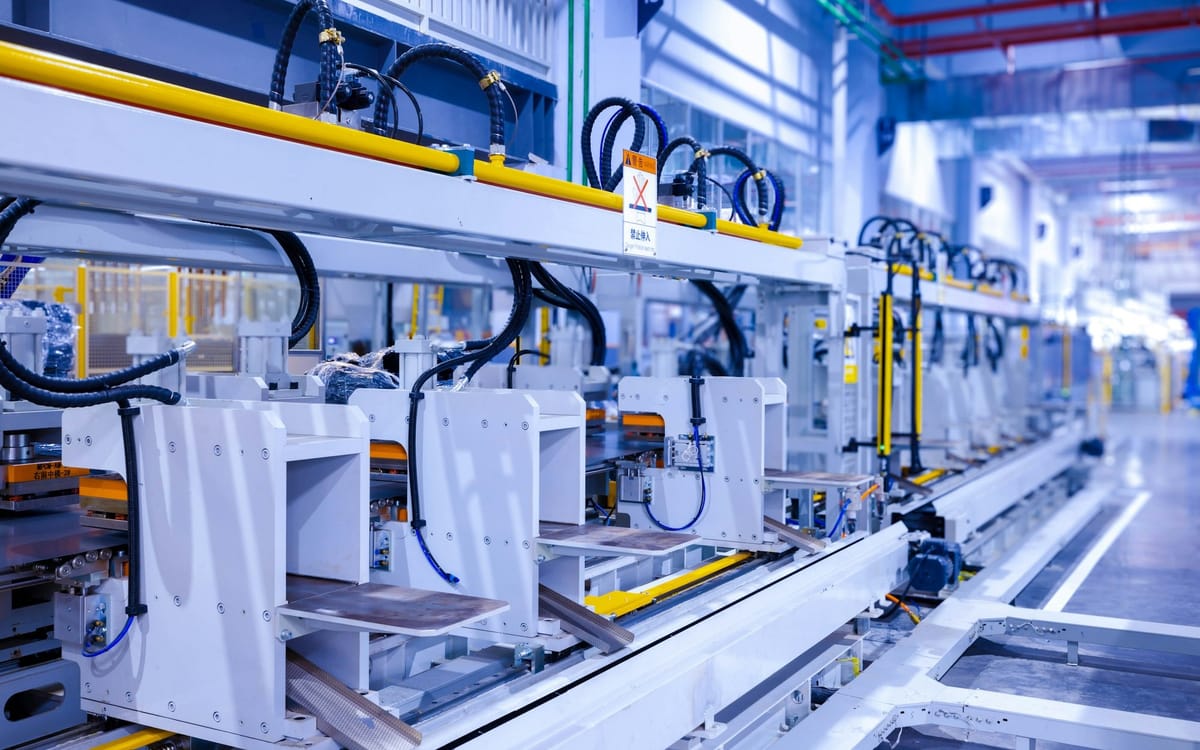Intel and TSMC are reportedly launching a chip-making venture
This move could reshape the semiconductor industry.

It looks like the semiconductor industry might be on the verge of a major shakeup as Intel and TSMC join forces to create a joint venture, per The Information. The deal will give TSMC a 20% stake in Intel’s U.S. fabrication plants. Who owns the other 80% is still up in the air, but it’s a notable shift for two companies that have typically operated on very different paths.
Earlier this year, TSMC was supposedly in talks with top U.S. chip designers— AMD, Nvidia, Broadcom, and Qualcomm—about joining the project. But those rumors were later denied by Nvidia and even a TSMC board member, suggesting that things didn’t quite pan out.
What’s clear, though, is that this isn’t just some friendly handshake deal between two tech giants. The U.S. government is said to be backing the deal, with Washington keen to keep advanced chipmaking tech on American soil.
That’s partly because Intel’s IDM 2.0 strategy—to turn its foundry business into a global powerhouse—hasn’t taken off yet. In fact, Intel’s foundry business lost nearly ~$18.8 billion in 2024 alone. Selling its fabs to a foreign company might be politically impossible, which makes a joint venture with a trusted partner like TSMC the next best move.

But there’s a big catch: Intel’s fabs, which cost billions of dollars to build, are mostly designed for Intel chips using Intel processes. That's very different from TSMC’s usual model of manufacturing chips for clients like Apple and Nvidia. So how TSMC fits into this setup operationally is still murky.
Investors, however, wasted no time reacting. Intel’s stock jumped nearly 7% after the news broke, partly reversing the hit it took from recent U.S. import tariffs. Meanwhile, TSMC’s U.S.-listed shares slipped 6%—likely a reaction from investors who might be wary of the risk of tying up with a struggling foundry business.
And then there's the geopolitical backdrop. With China tensions rising and the CHIPS Act funneling billions into domestic chipmaking, the U.S. has made it clear it wants to control its own semiconductor destiny. This Intel–TSMC alliance might just be Washington’s way of getting there—without handing over too much control.







